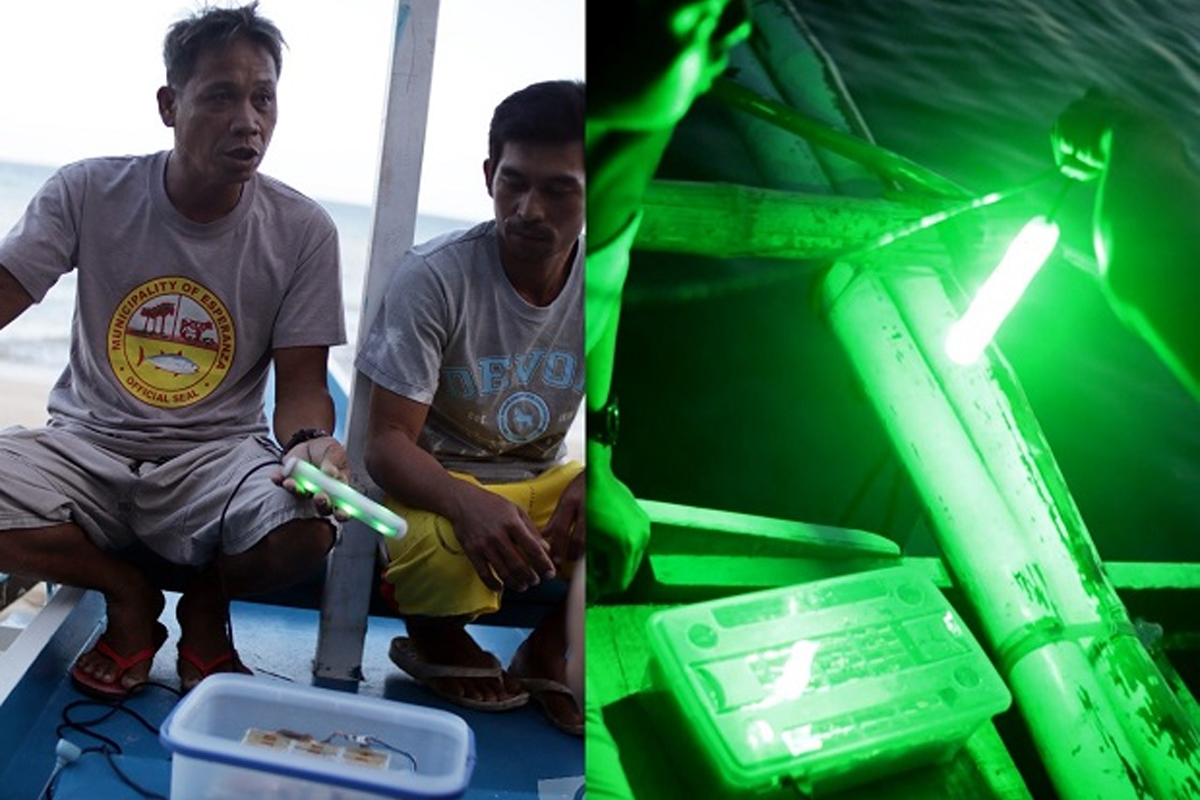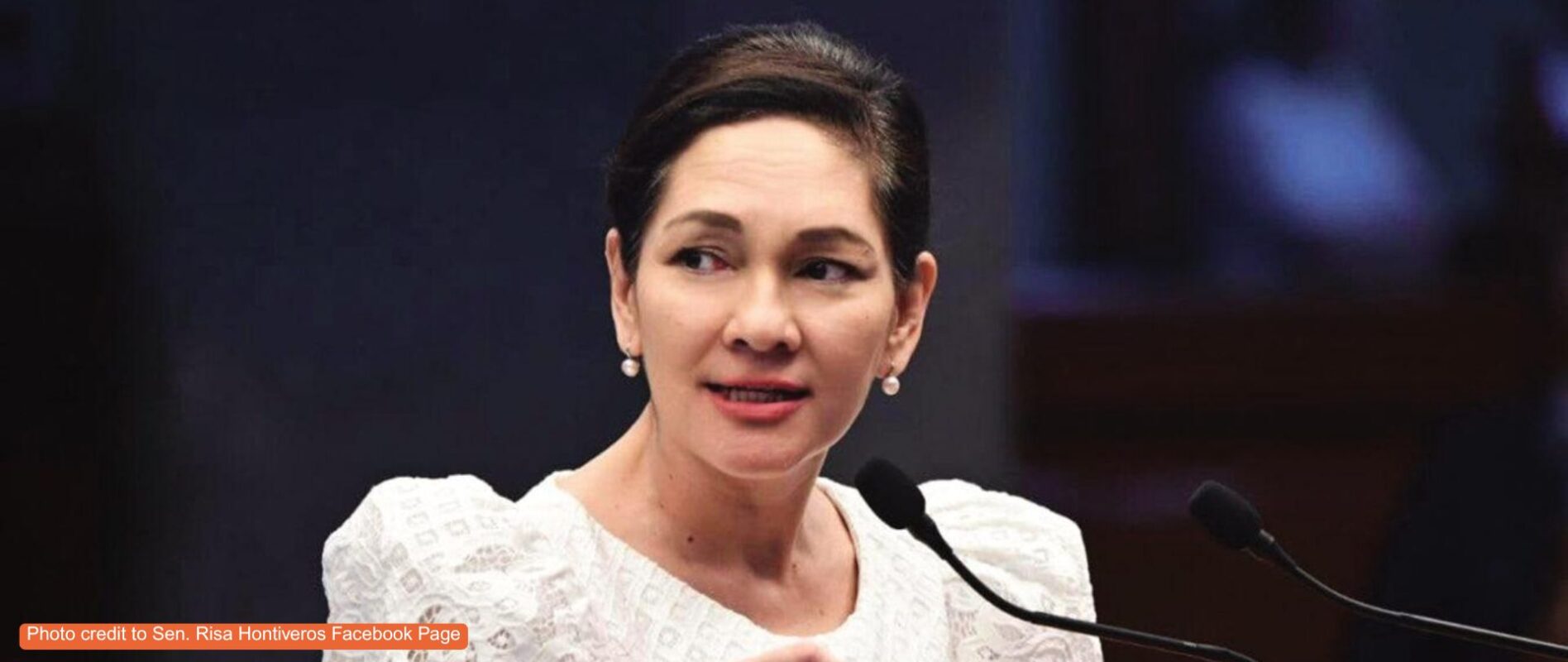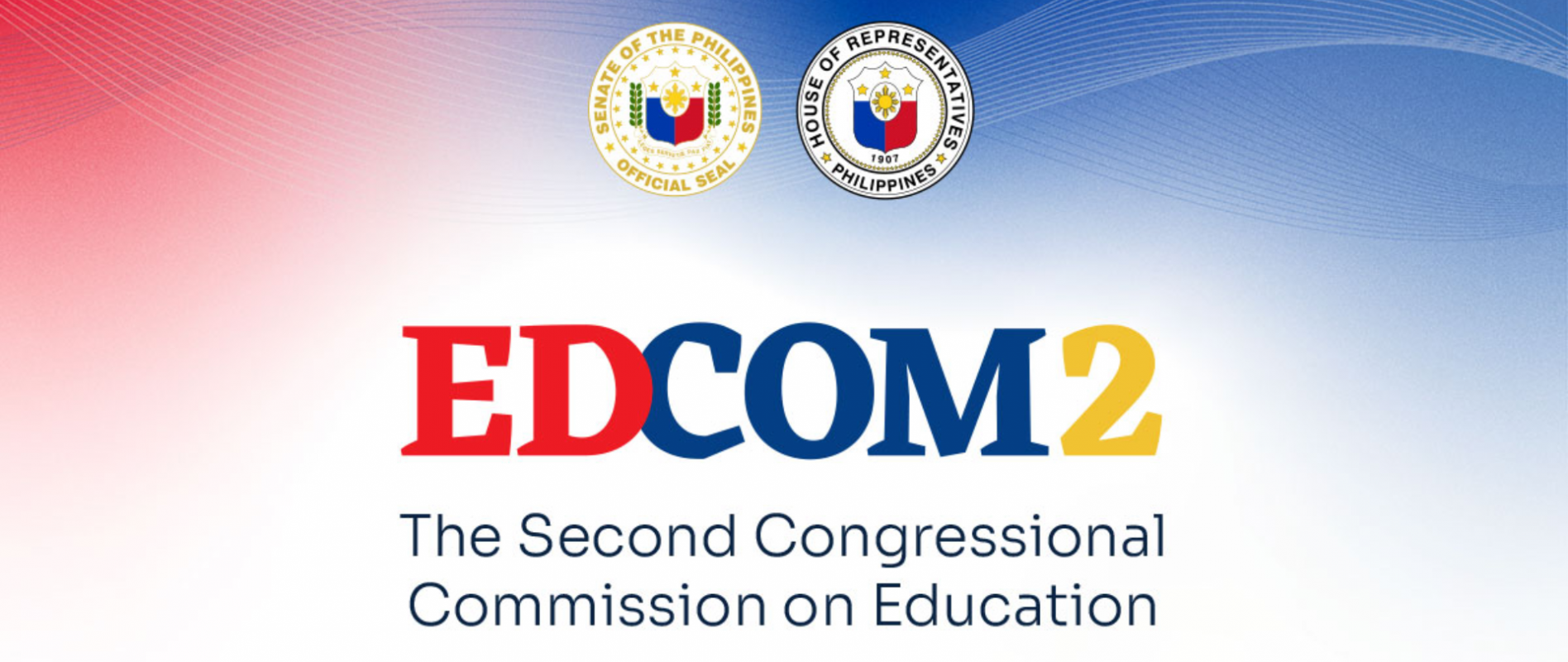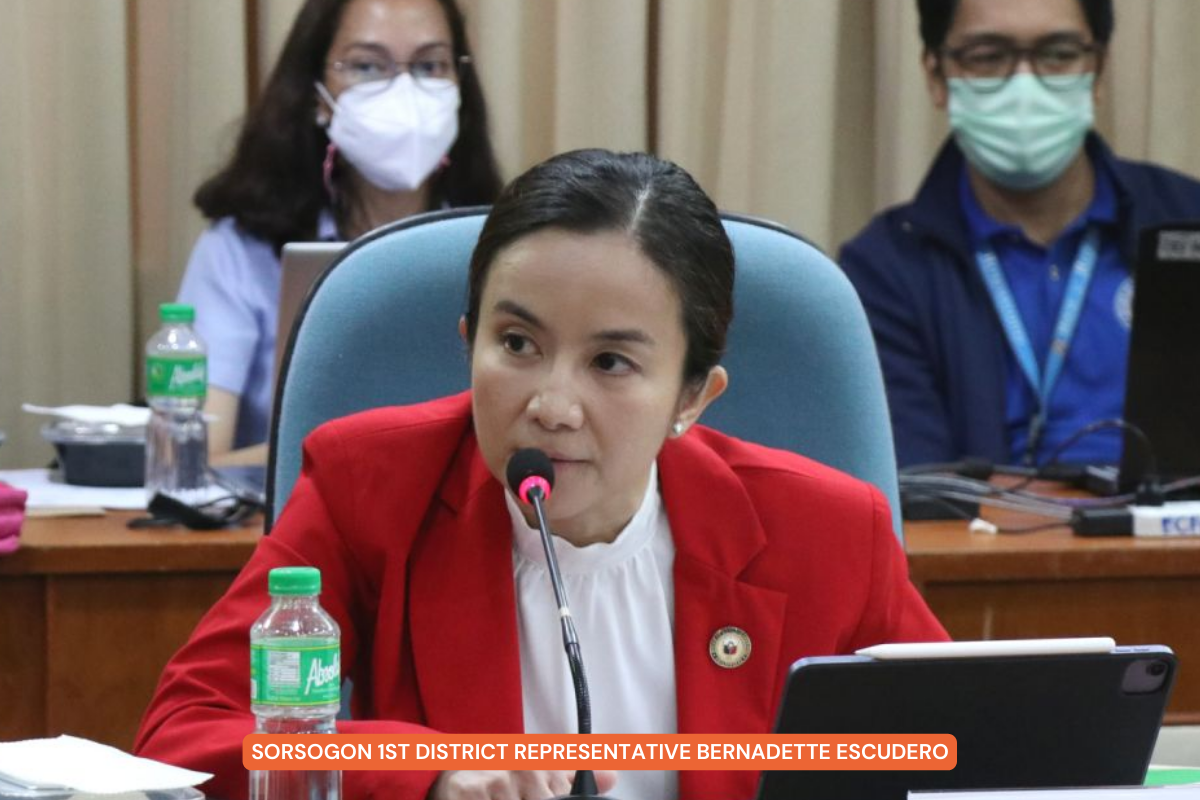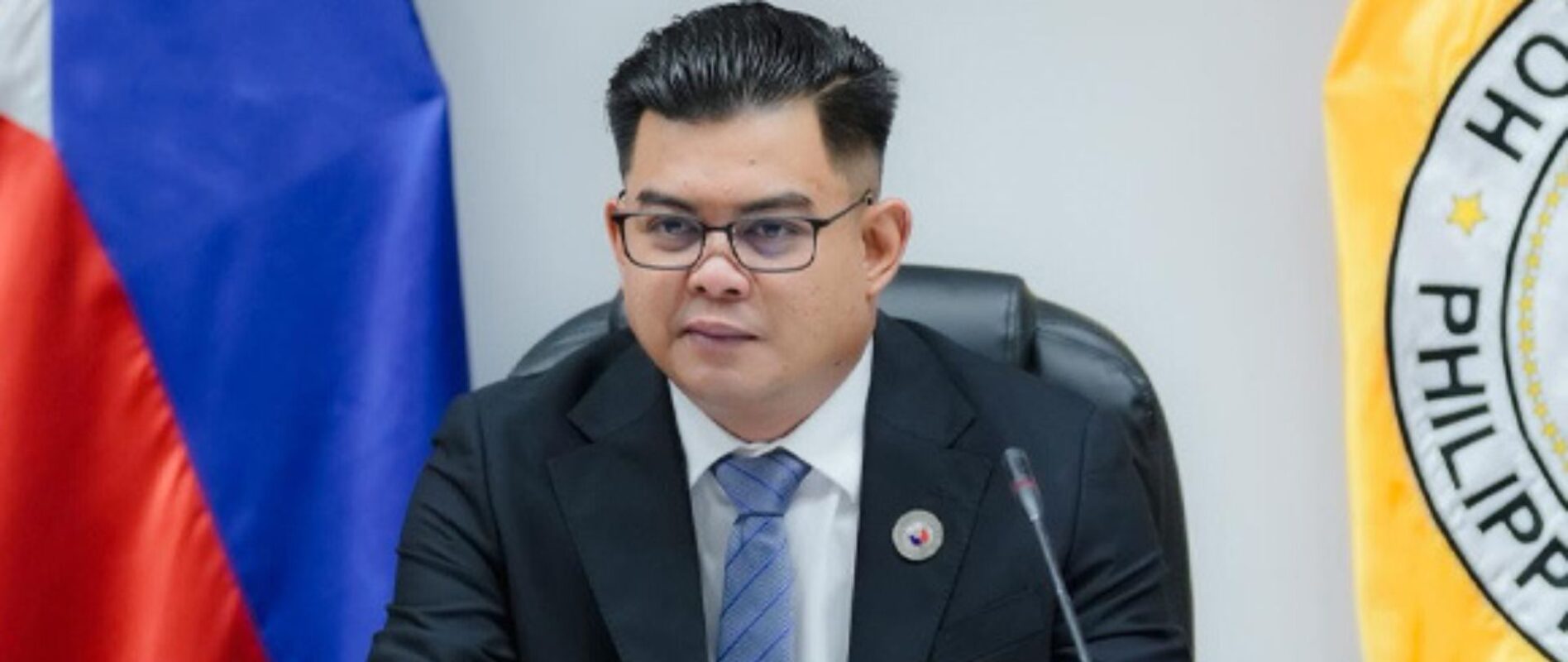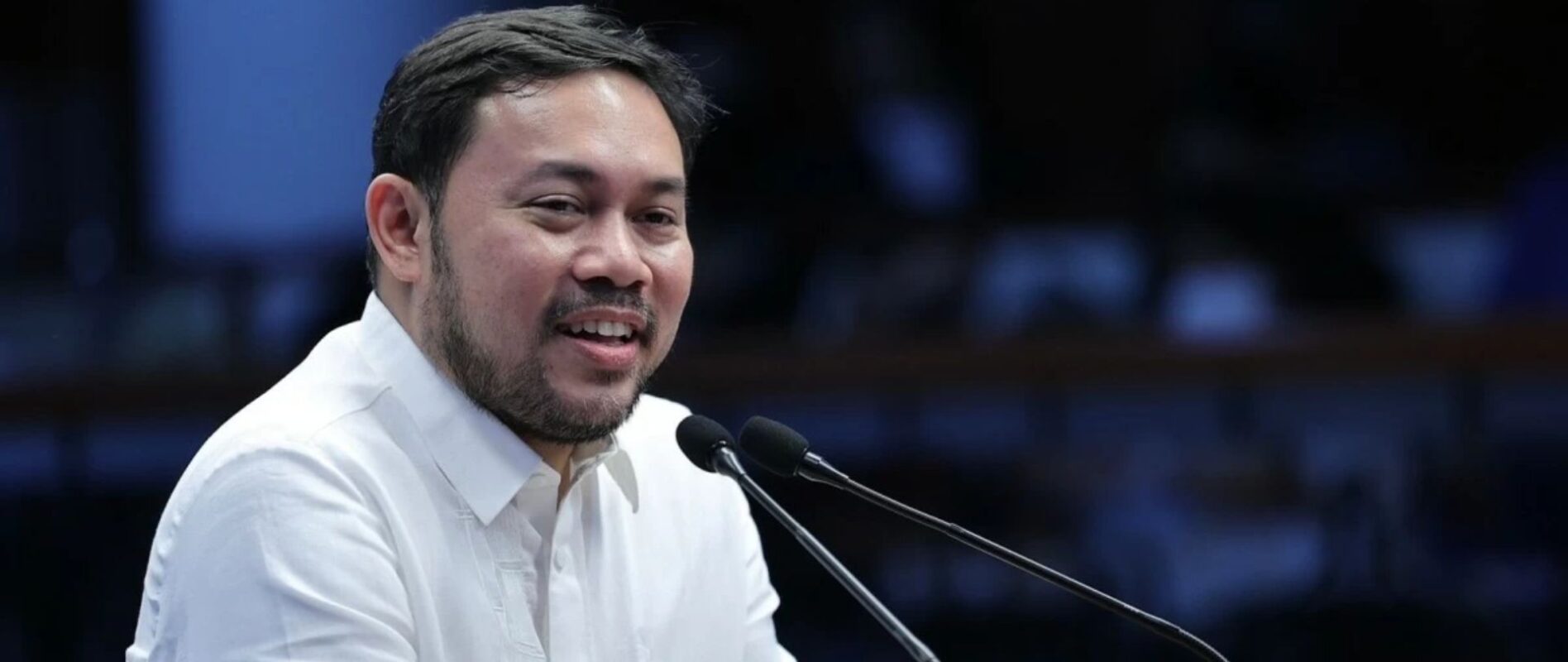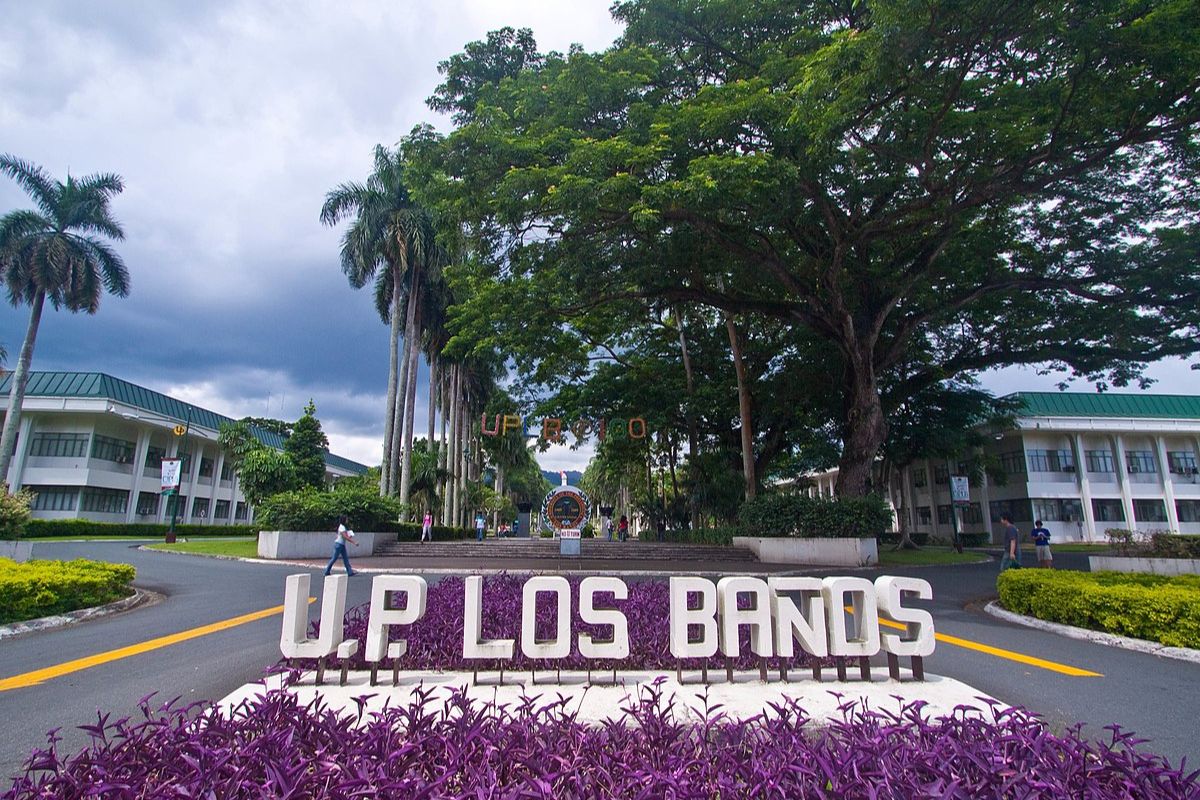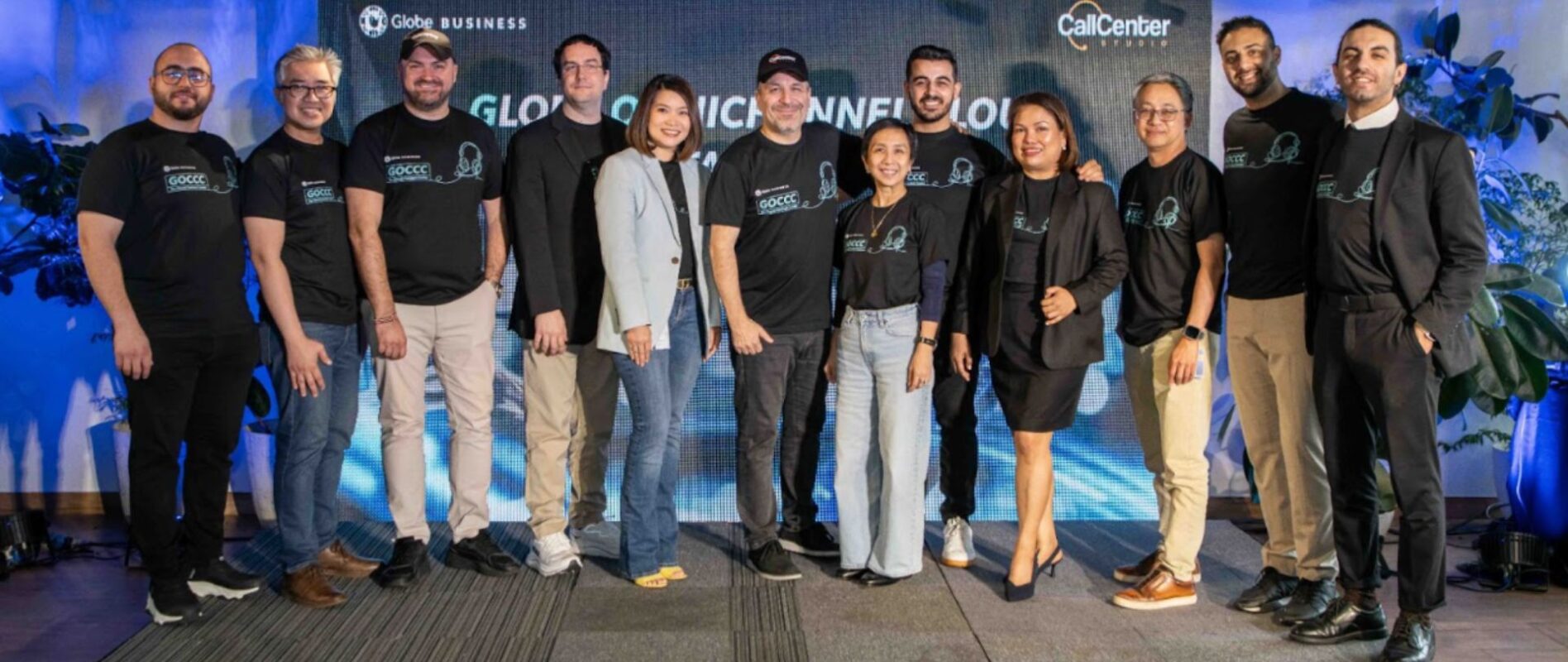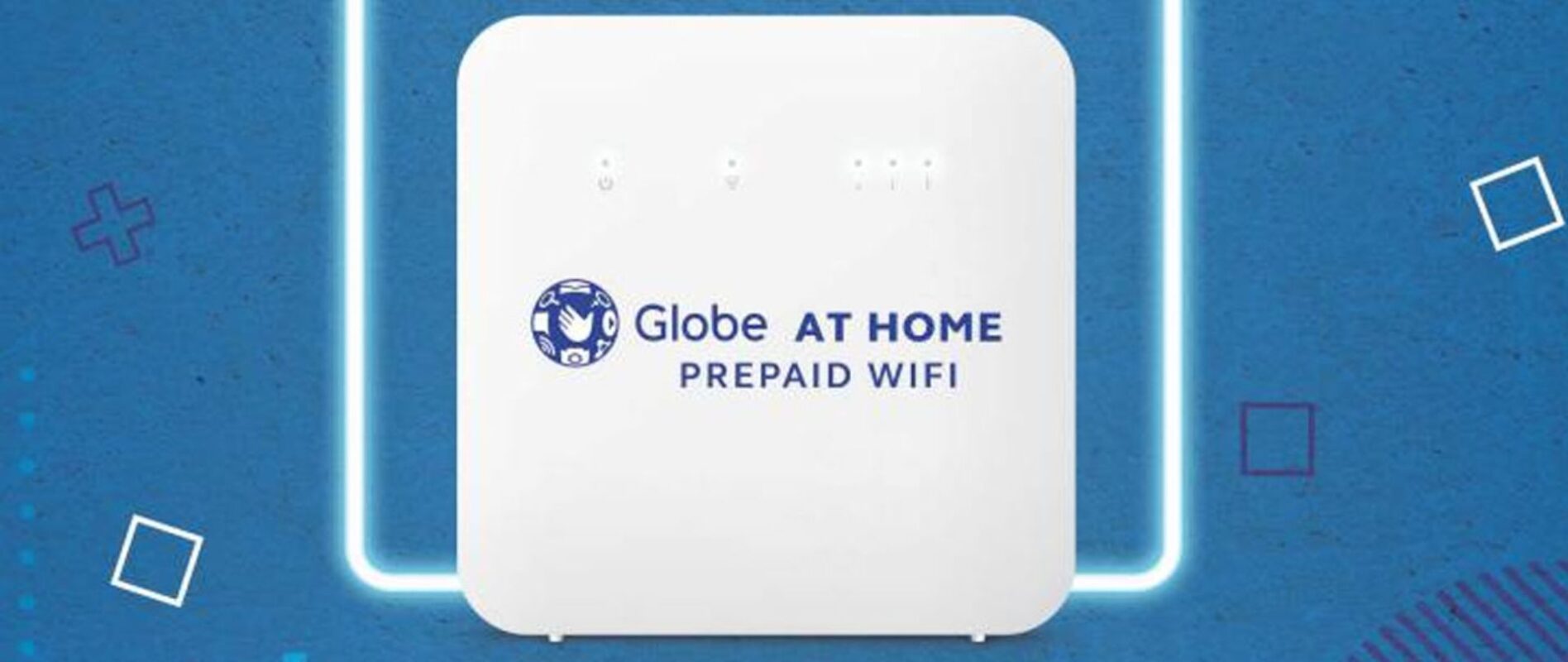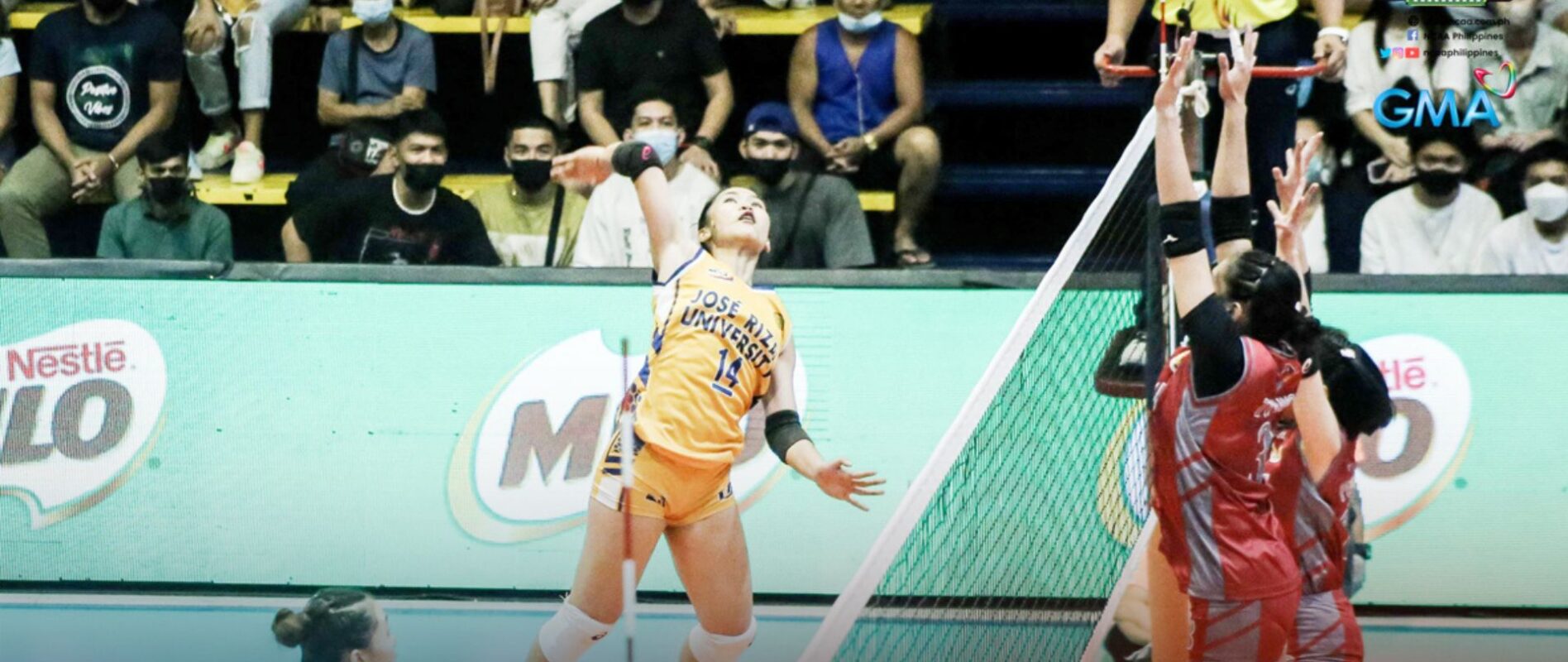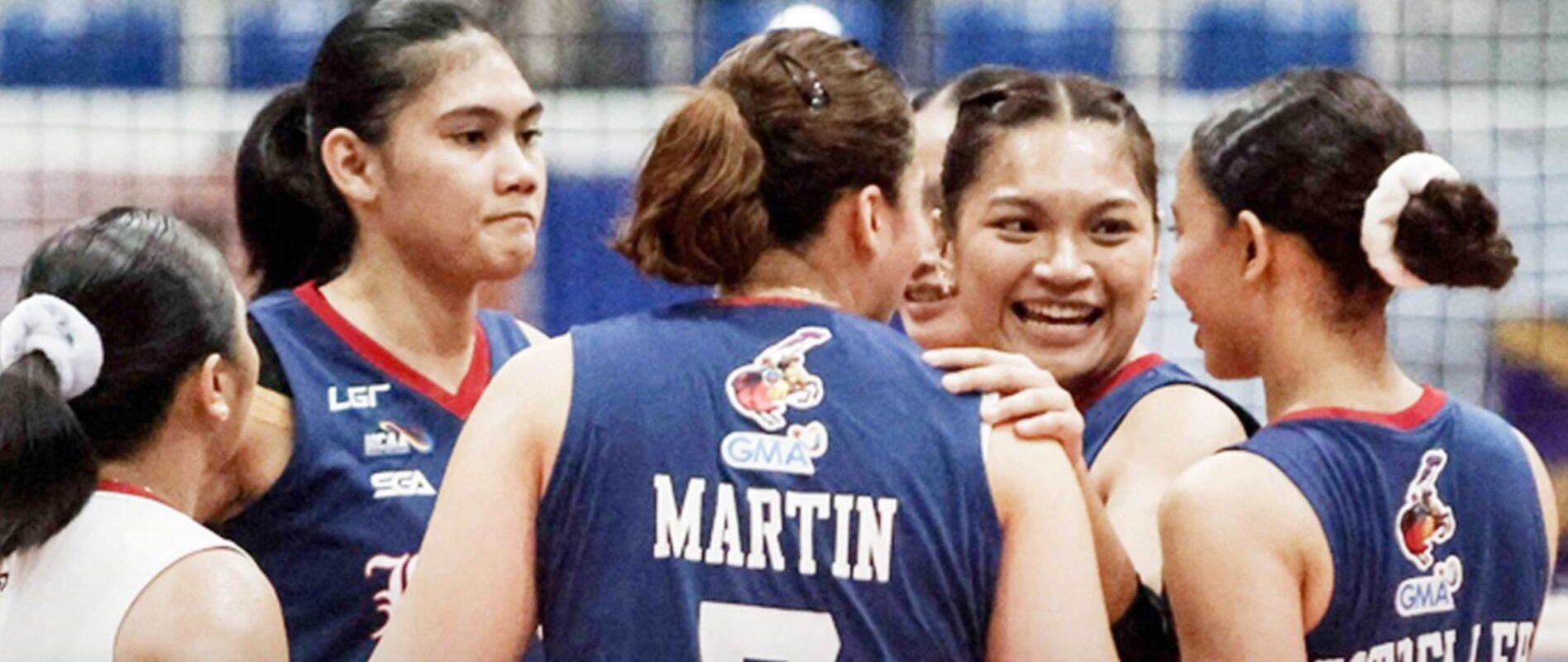TIP RESEARCHERS DEVELOP TECHNOLOGY FOR FISHERFOLKS
A GROUP of researchers from the Technological Institute of the Philippines has developed a battery technology that provides light for fisherfolks and cleans polluted water.
The Philippine Council for Industry, Energy and Emerging Technology Research and Development said that the technology was developed using recycled aluminum.
“Dubbed iLAWA, derived from the Filipino phrase ilaw mula sa lawa (light from the lake), the researchers developed the battery technology from recycled aluminum, like cans, to help light the path of fisherfolks and clean the lake when submerged underwater,” the agency said.
iLAWA is also seen to minimize fish kills in lakes.
The battery technology was developed by engineers Niel Jon Carl Aguel, Ana Luz Callao, Paul Vincent Nonat, and Rowel Facunla.
They were mentored by Dr. Drandreb Earl O. Juanico, who first conceptualized iLawà in 2016 to address energy-related problems in Talim Island in the middle of Laguna Lake.
The battery gets its power from the electrolytes in the water.
“The battery cleans the water by removing its phosphate content. Phospates in lake waters come from agricultural and residential runoffs, dissipating as the cell operates in the water. In 2017, the TIP team’s earliest prototype received recognition from a non-government organization advocating sustainable energy,” the Department of Science and Technology, explained.
Recognizing the potential of their innovation, the TIP group pushed for its further enhancement and received funding support from the TECHNICOM Program for prototype development, field testing and market validation.
“With the ample support for the project, the team was able to optimize the prototype with its cell volume and mass reduced by 90% and 73%, respectively, while increasing power output by 89%. These technical improvements led to greater potential uses that require higher electrical power levels,” the PCIEERD said.
The TIP team has forged several partnerships among material suppliers for the commercialization phase and technology adopters such as the Federation ng Mangingisda ng Bayan ng Binangonan.
“The TIP team envisions that the widespread adoption of iLawà will consequently promote aluminum recycling and help remediate polluted lake waters. The release of phosphates through chemical reaction in the battery will then improve water quality,” it said.
DOST-PCIEERD Executive Director Enrico Paringit lauded the TIP researchers for helping boost the livelihood of fisherfolks.
“By developing a durable, cost-effective innovation, not only will TIP’s technology produce clean energy but also improve lake environments. We look forward to seeing iLawà light up Philippines’ aquacultural areas, rivers, and even coastal waters,” Paringit said.

